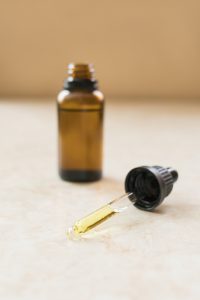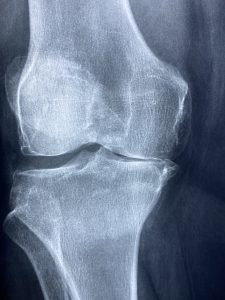The marijuana plant has been the topic of heated conversations in recent years. Most people know Marijuana has a reputation for recreational use, but what about the impressive medical research and benefits this plant has to offer? Cannabidiol, or CBD, is one such derivative, and has been called a “miracle” by doctors across the country. Unlike THC, the psychoactive substance in the marijuana plant, CBD is legal in all 50 states, and is used to treat many common ailments.

The ABCs of CBD
A: About. CBD is just one component of the cannabis (marijuana) plant. CBD affects the body’s endocannabinoid system, a series of receptors throughout the body that regulate appetite, experience of pain, mood, and memory in the central nervous, cardiovascular, and gastrointestinal systems. CBD is not a psychoactive substance, which means it does not affect your mind. So, unlike THC, the psychoactive compound in the marijuana plant, CBD will not cause the user to feel high.
B: Benefits: CBD can be used to treat an incredibly wide variety of conditions, with more uses being discovered each day. Some of the benefits of using CBD include:
- Pain relief
- Sleep support
- Appetite stimulation
- Improved heart health
- Addiction management
- Mental health support
C: Consumption. CBD is not a leaf or plant; it is an oil extracted from the plant. Unlike the drug, it is not smoked, which may have harmful effects on the mouth, throat, and lungs. The extracted oil can be used in a variety of forms:
- Topical gels or creams
- Tinctures
- Edible products
- Capsules
Benefits For Seniors

For those of us seeking holistic methods to improve quality of life as we age, CBD could be a very useful tool. It could help to replace some daily medications, support pain management, and improve the symptoms of a variety of conditions, including:
- Chronic pain. 75-85% of seniors deal with chronic pain, which is what CBD is currently primarily used for. CBD stops the body from absorbing anandamide, one of the compounds associated with pain regulation. This results in increased levels of anandamide within the bloodstream and reduced pain.
- Arthritis. Not only does CBD help with pain management, but it also has anti-inflammatory properties that make it ideal for treating arthritis, which affects nearly half of all people over the age of 65. CBD can also be used in the treatment of multiple sclerosis and joint dysfunction.
- Osteoporosis. Research has shown that CBD can help strengthen bones and promote cellular repair, which can speed up the healing process should a fracture or break occur.
- Cardiovascular issues. A variety of studies have shown that CBD impacts cardiovascular function in myriad ways, including reducing high blood pressure, reducing cardiac inflammation, and stopping cell death due to oxidation. It supports vasorelaxation, which promotes healthy blood pressure and increases blood flow to the heart.

- Insomnia. Sleep disorders impact individuals of all ages, but are especially common in seniors. Some medical professionals believe this to be a result of chemical imbalances, and others suggest it may be caused by stress and anxiety. CBD helps with the latter, as it promotes relaxation by impacting the central nervous system.
- Neurological conditions. Many experts believe that CBD can be used as a treatment for neurodegenerative diseases, such as ALS, Huntington’s, Parkinson’s, and Alzheimer’s. While these studies are still in clinical trials, they have seen overwhelming success thus far. CBD could also be used to treat glaucoma by reducing the intraocular pressure that causes pain and eventual blindness.
- Mood Disorders. CBD interacts with neuroreceptors involved in regulating mood, like serotonin and oxytocin, and has been proven to relieve stress and anxiety, support relaxation, and improve cognitive function.
For seniors seeking a natural way to improve their lives and fight pain, CBD can be a miracle oil. A non-invasive, non-addictive way to manage inflammation, mood, and a variety of medical conditions, CBD is a harmless alternative to many prescription medications. Talk to your primary care doctor to see if CBD might be a good fit for you!
